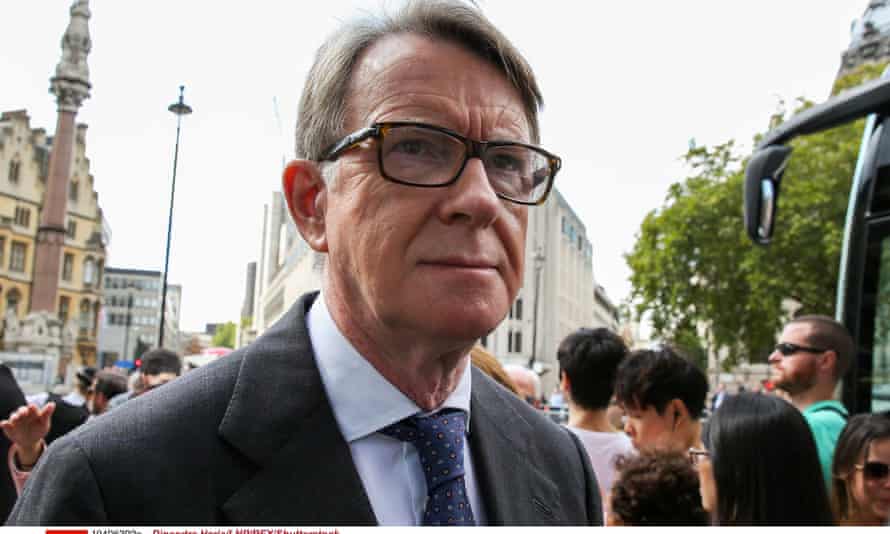
There are figures who worked for Tony Blair and Gordon Brown and others who have joined after spending years in careers outside Westminsterpolitics. Yet as a collective, the team advising Keir Starmer ahead of the biggest test of his leadership is a new group acutely aware of the challenge it faces.
The best example of an old hand thrown into a new challenge is Sam White, Starmer’s chief of staff, who has only had a fortnight in the job and has been brought in to bring some organisation and order to the leader’s office.
While White had worked within Labour as a special adviser to Alistair Darling in the Treasury, he had built a lucrative career in the private sector before arriving in the post. He had previously been drafted in to help Starmer respond to the Covid-19 pandemic last year. “He’s calm, well-organised – not the sort of person you often meet in politics,” said an insider.
Deborah Mattinson, a pollster who worked for Brown, arrived over the summer as head of strategy and has been trying to keep Starmer focused on the issues that occupy the thoughts of key voters, such as work, crime and the cost of living. She has found an ally in Claire Ainsley, the director of policy, who has not previously worked for the party.

Ainsley has been hugely influential in shaping a focus on what she calls a “new working class”, a diverse group of low and middle-income workers whose support Labour has been losing for decades. They are central to Starmer’s speech.
It is the involvement of figures closely associated with the Blair era, however, that has provoked the strongest reaction from the Labour left. Matthew Doyle, made acting communications chief over the summer, has now been given the role permanently. He stuck with Blair after the former prime minister left office and was involved in Liz Kendall’s failed leadership challenge in 2015.
Meanwhile Philip Collins, Blair’s former speechwriter, has been involved in refining Starmer’s address. It has led to fierce accusations from the left that the ultimate Blair-era strategist, Peter Mandelson, has gained significant influence inside Starmer’s office.
While insiders deny that Starmer has simply co-opted figures from a previous era, they blame an unfortunate Labour dynamic for reaching for those involved in helping past party leaders. It has been so long since Labour won, they say, it is hardly surprising that there was a demand for people with experience of winning and governing.
In fact, there is a survivor from the Jeremy Corbyn era. Deputy chief of staff Helene Reardon-Bond, a former senior civil servant, was initially hired by Corbyn and remains part of the senior team.
Other key figures include Luke Sullivan, a longtime Labour staffer from the whips’ office, with strong ties to Labour MPs and regarded as a political problem-solver. Insiders said he was among those who had the task of sorting out the row over potential rule changes.
Paul Ovenden, the deputy communications chief, had the job of helping to draft Starmer’s recent essay and has also been helping on the speech. Others having an impact are said to include Stuart Ingham, the deputy director of policy, who is seen as a wonk who can talk human.
In terms of political allies, Rachel Reeves has more influence than many realise and is often “in the room” with Starmer for important decisions, particularly when political calculations come into play. Starmer is said to listen carefully to his shadow chancellor.


